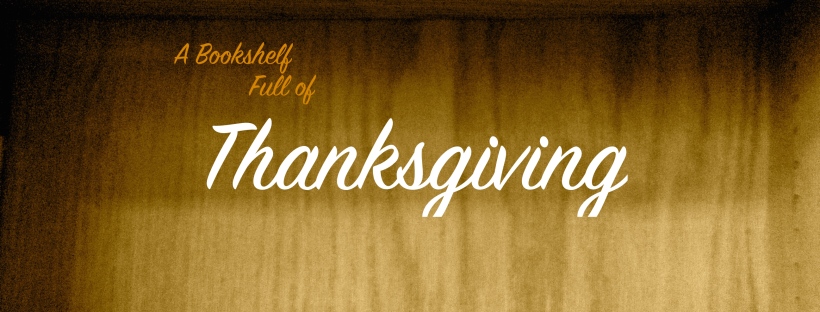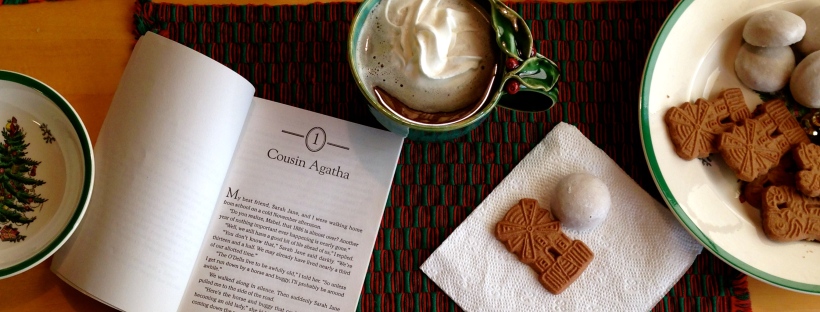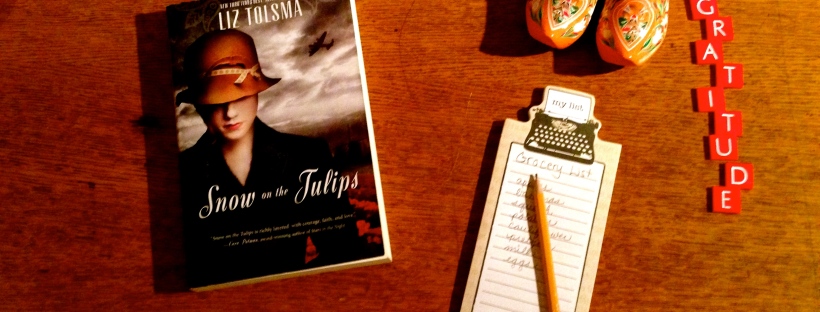Amy stood in Scrooby, England, in the very chapel where 400 years ago many of the men, women and children who sailed on the Mayflower met to worship God. She saw Scrooby Manor where they planned their journey to Holland. She understood that the little band knew the venture risked both their lives and their fortunes and yet would allow them to keep their sacred honor.
From childhood, stories of the Pilgrims flitted through Amy’s imagination. She dreamt of what it would be like to talk with William Bradford or Squanto. She admired their courage, she learned from their sacrifice, and she wanted their faith.
Then here she stood where their feet once trod, sat in the pew where (supposedly) William Bradford once sat, and sang a Psalm that the Scrooby congregation may have sung all those years ago.
Her Plymouth day was over all too soon.
How did these people whose lives are so distant from Amy’s become real to her? Through stories, of course. Historical fiction, radio drama and even video may play a role in giving personality to names like Bradford, Brewster and Squanto.
Here are several of my favorite stories. Many of them are for younger readers (not that older readers aren’t allowed to enjoy them!), but there in one tome on the list sure to satisfy the most sophisticated bookworm.
Problems in Plymouth (AIO Imagination Station Books) by Marianne Hering and Marshal Younger: Fueled by a mystery, this chapter book may be just the thing to get a young reader interested in these people called Pilgrims.
The Mayflower Adventure (The American Adventure Series #1) by Colleen L. Reese: This was perhaps the first historical fiction book I read about the Pilgrims’ journey to America. You can time-travel all the way through WWII if you read the entire series.
“Stepping Stones – Parts I&II” by Paul McCusker: A pull-you-into-the-story audio drama for children that shares the story behind the Pilgrims coming to America and what it took for them to get here – a story many schoolchildren may miss out on today.
The Legend of Squanto (Radio Theatre) by Paul McCusker: Take a different look at the story of the First Thanksgiving as you step into the life of Tesquantum (or Squanto) narrated by Massasoit. If heroes are measured by how they respond to challenges, Squanto could be among the greatest.
Of Plymouth Plantation by William Bradford: I haven’t actually read all three-hundred-plus pages of this book, but I’ve read some and am rather fond of it because Grandma liked it. I believe she actually said it was “fascinating”. Beyond that, as any student of history knows, primary sources are the best if you want to get the real picture.
I hope you enjoy these stories and that you have a richly blessed Thanksgiving full of sweet times with those you love. However, as a recent conversation reminded me, sometimes we get so caught up in the “doing” of holidays, we can forget the point. For this holiday, the main thing is Thanksgiving.
Oh give thanks to the LORD, for he is good; for his steadfast love endures forever! – Psalm 118:1 (ESV)





